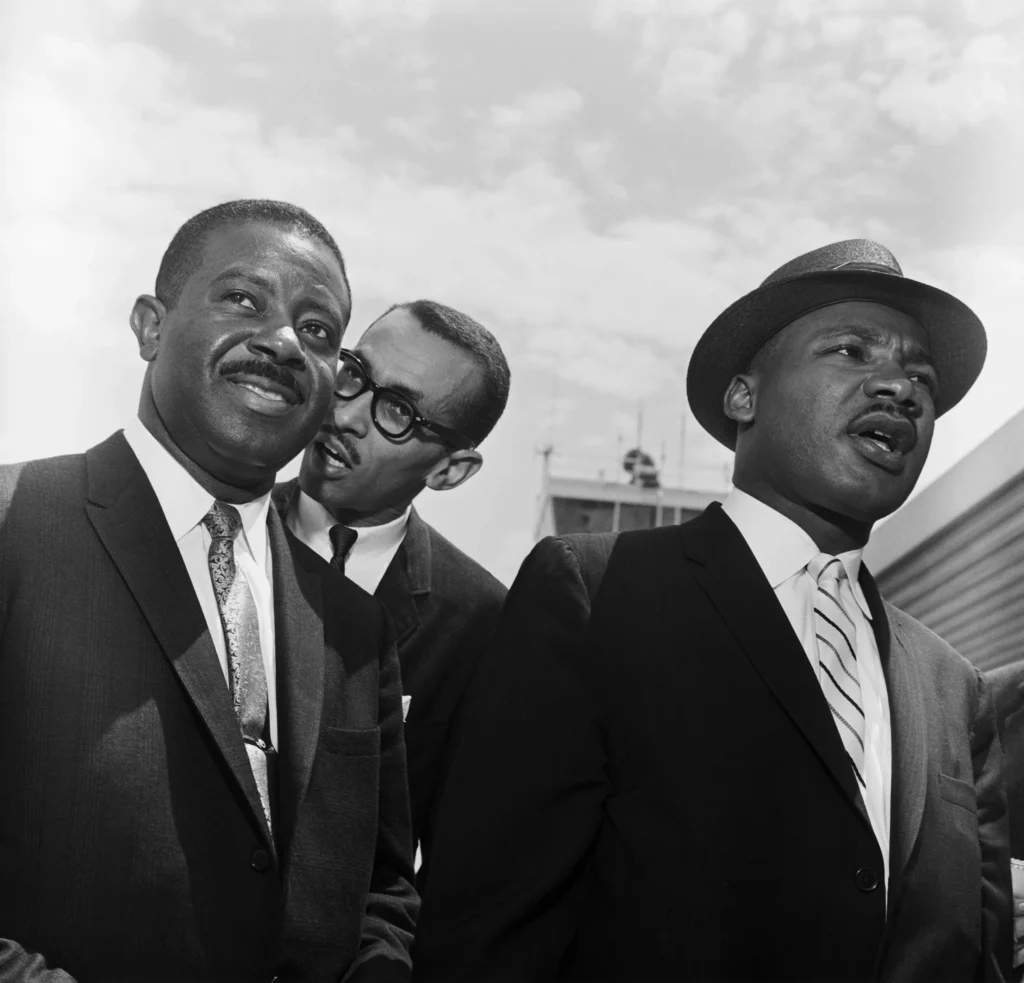Historically Black colleges and universities (HBCUs) have always been a space to cultivate talent. Not just in sports or entertainment, but as world figures, thought leaders and revolutionaries. When you have the power of education under your belt — there’s almost nothing that can
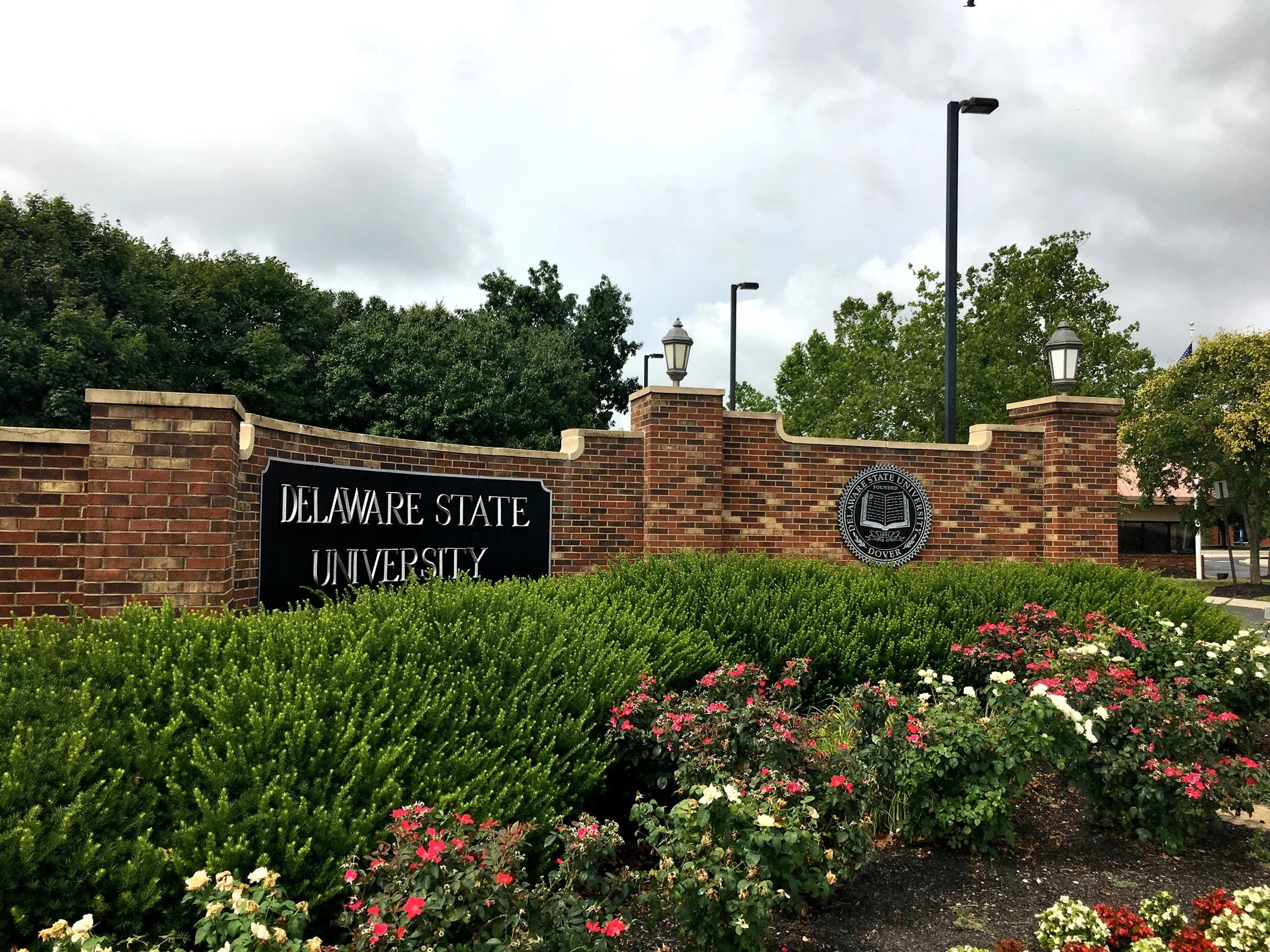
Courtesy of Delaware State University Prior to the start of the fall 2023 semester, Delaware State University was already the only institution of higher education in the First State to offer associate, bachelor and master’s degree programs in the social work discipline. “Social Work is the most versatile degree that you can get,” said Dr. Ezekiel
More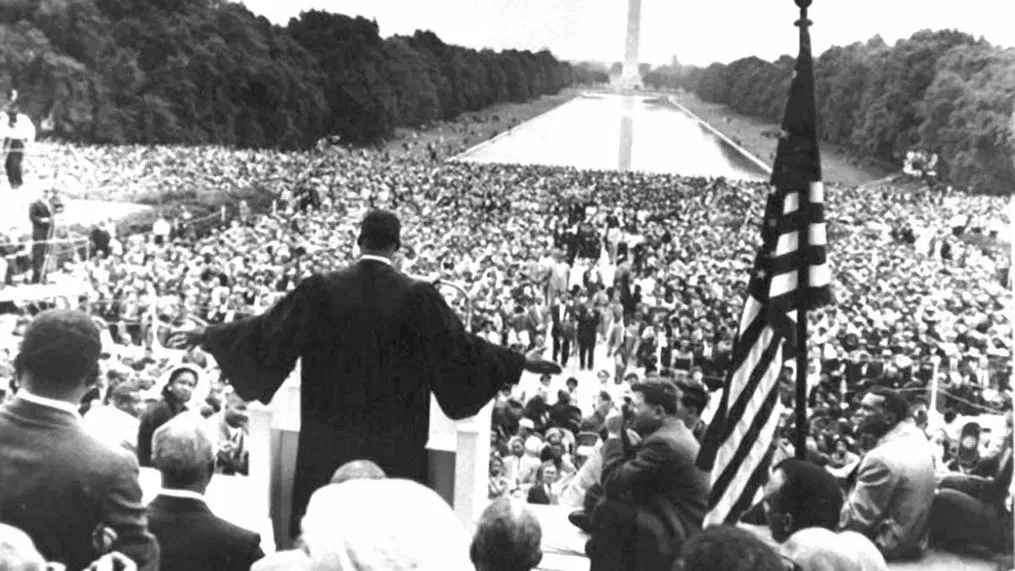
By Emily Olson Six decades ago, an estimated 250,000 people gathered at the Lincoln Memorial for the March on Washington for Jobs and Freedom in the nation’s capital. Martin Luther King Jr.’s “I have a dream” speech that day, on August 28, 1963, has since emerged as a paramount symbol of the push for racial
More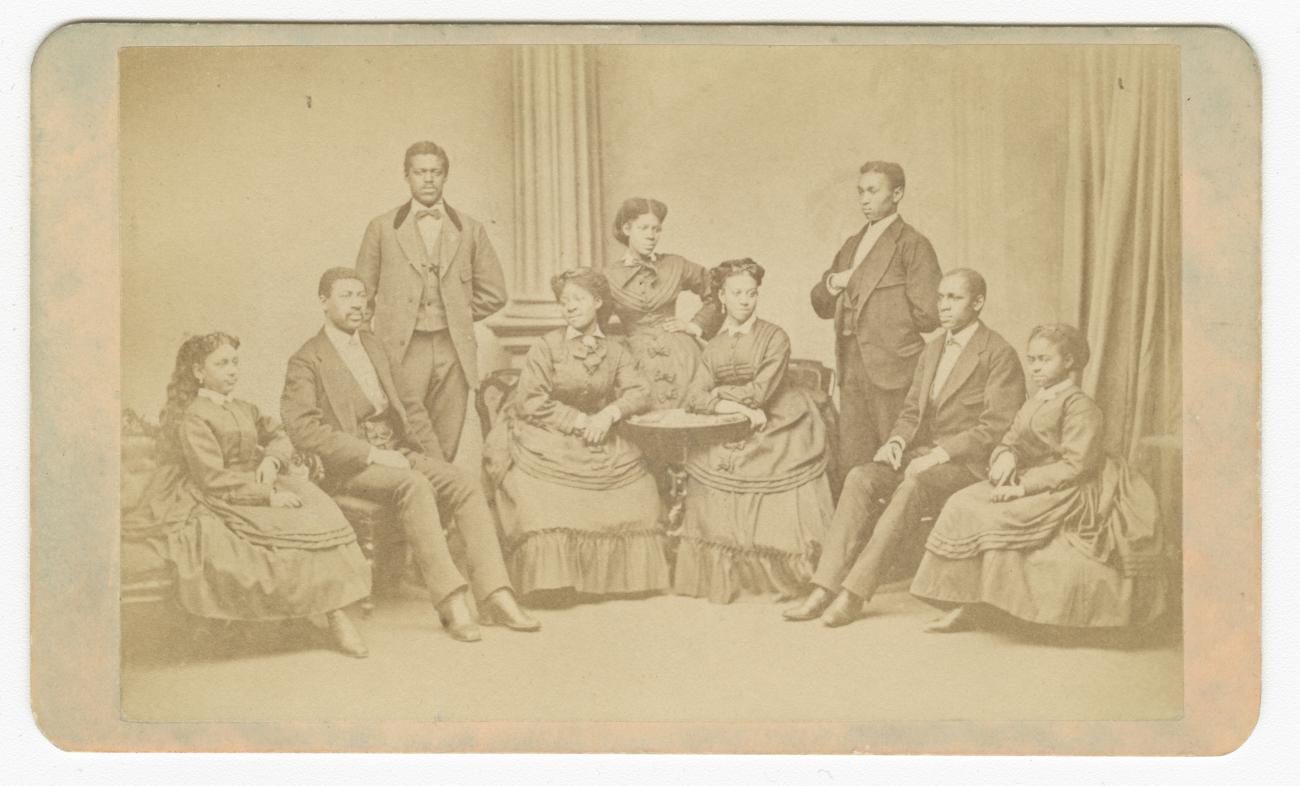
Courtesy of the National Museum of African American History & Culture While Juneteenth is often associated with celebrations of physical emancipations from slavery, it also signaled another type of liberation for the newly freed. Between 1861 and 1900, more than 90 institutions of higher education were founded for Black Americans who could not otherwise attend predominantly white institutions
More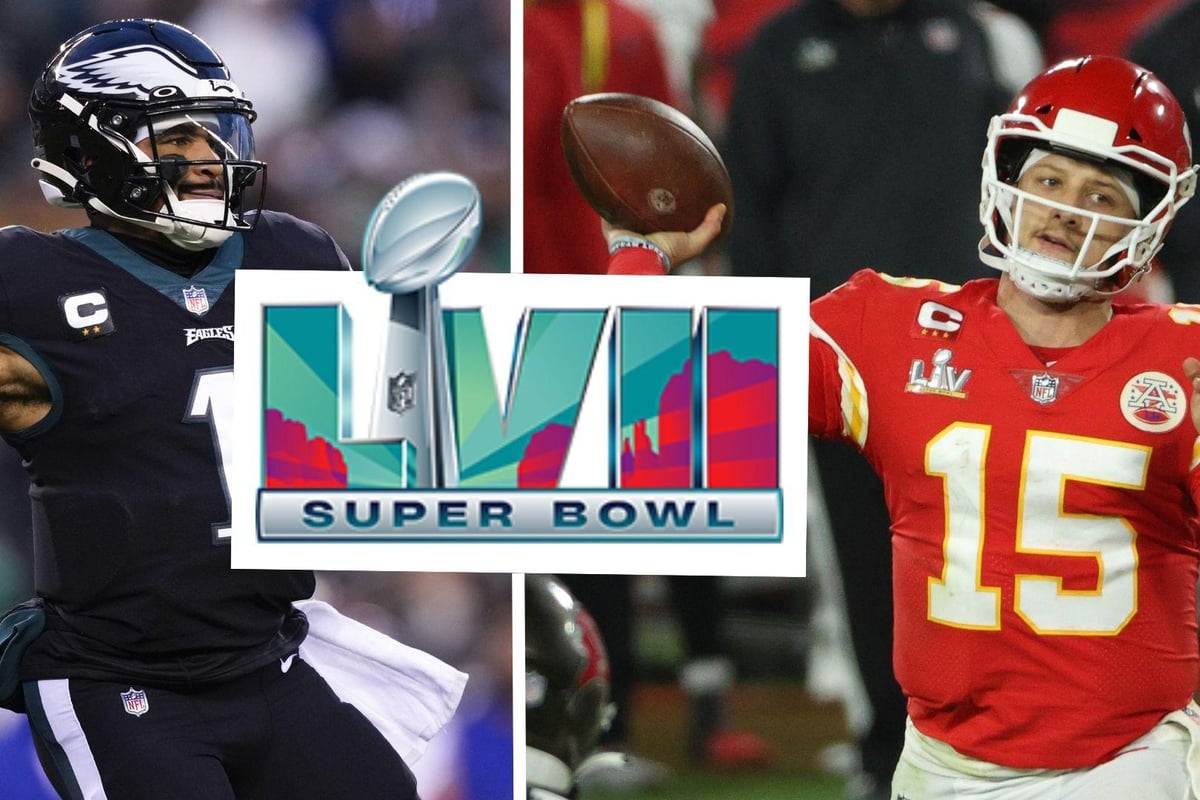
By Claretta Bellamy Jalen Hurts of the Philadelphia Eagles and Patrick Mahomes of the Kansas City Chiefs will make history Sunday when two Black quarterbacks face each other in a Super Bowl for the first time. If Hurts leads his team to victory, he will be the fourth Black quarterback to do so, following Washington’s Doug Williams
More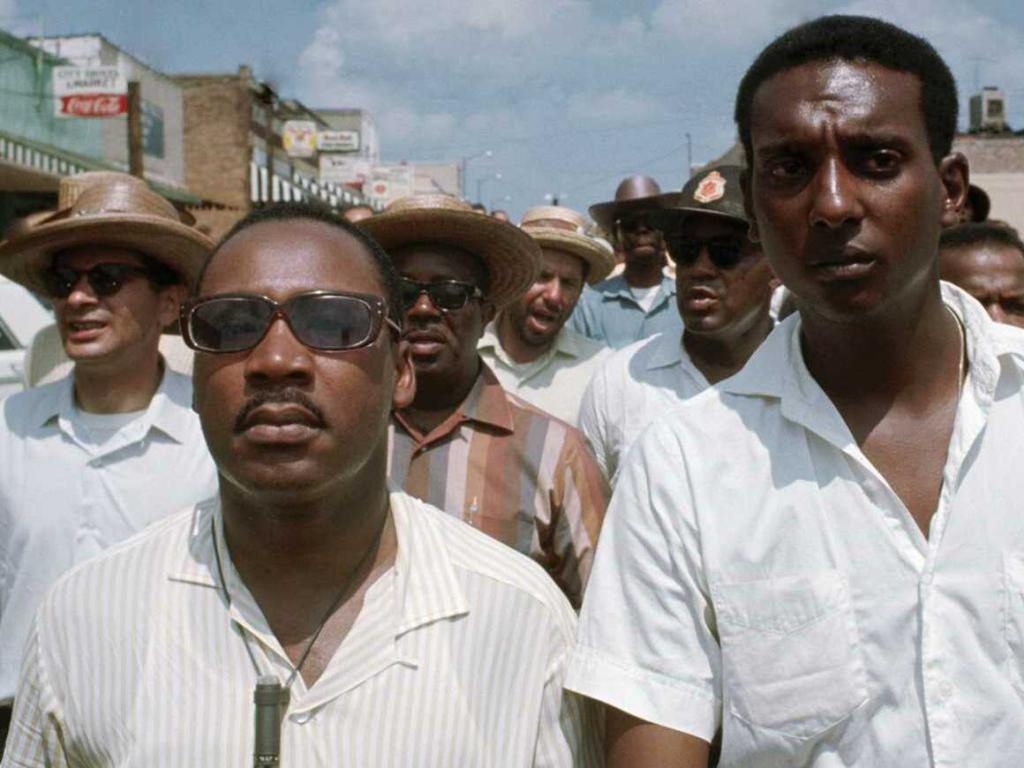
By Terry Gross Journalist Mark Whitaker says that much of what’s happening in American race relations today traces back to 1966, the year when the Black Panthers were founded and the Black Power movement took full form. It’s also the year when when Stokely Carmichael replaced John Lewis as chair of the Student Nonviolent Coordinating Committee (SNCC), and challenged the tactic of non-violence. Whitaker
More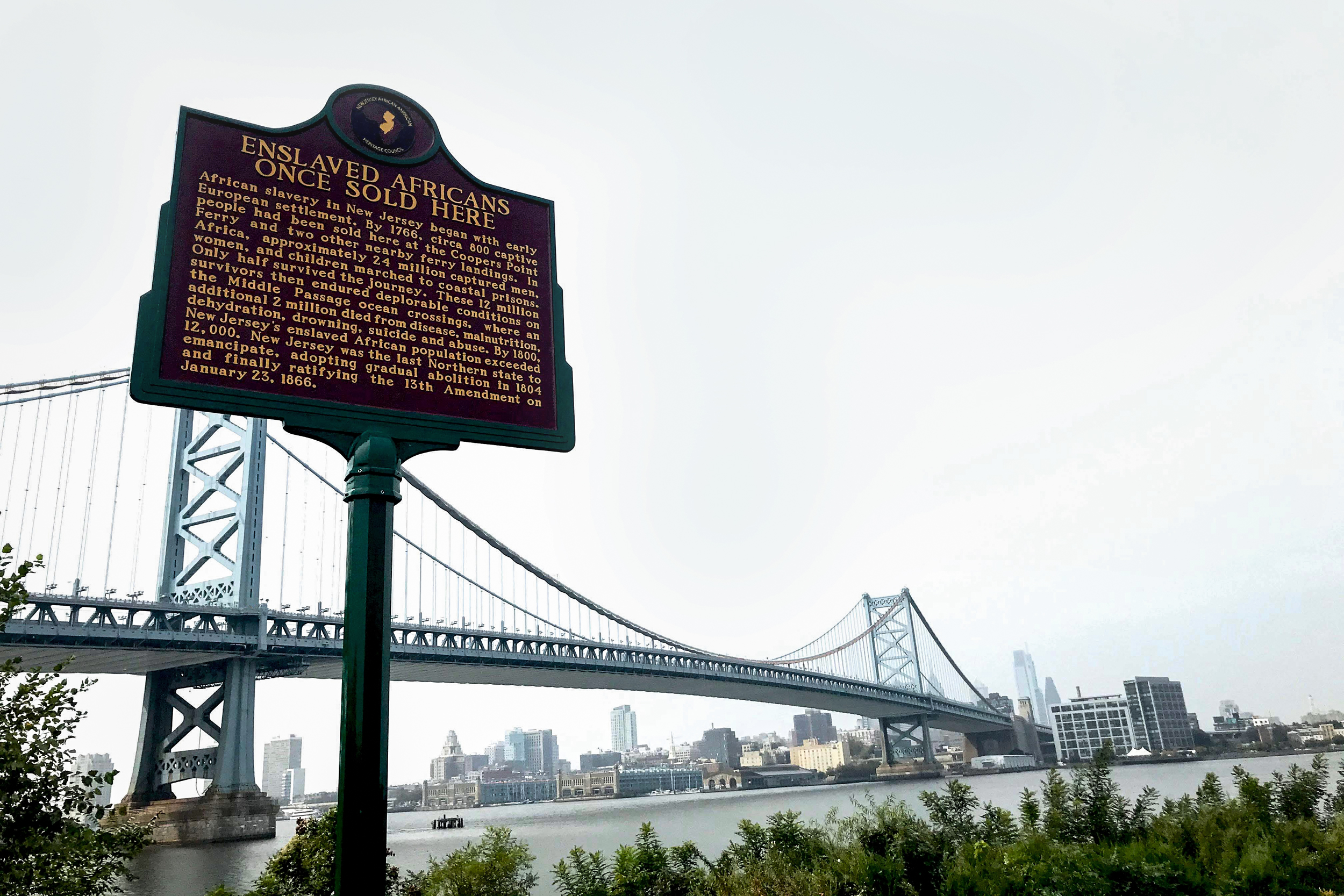
By Claretta Bellamy New Jersey is honoring its Black history and culture with a new trail that will mark important sites throughout the Garden State. Gov. Phil Murphy signed Bill A2677 into law Wednesday, which gives the New Jersey Historical Commission $1 million to develop the Black Heritage Trail, a path highlighting Black historical markers and sites
More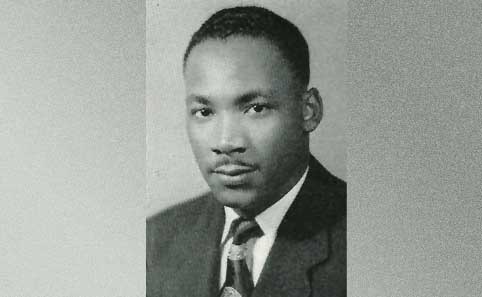
By Bryan Mcclure Ask any knowledgeable person the most famous graduate to come from a Historically Black College and nine out of ten times the first person they will say is Dr. Martin Luther King Jr., a 1948 graduate of Morehouse. The long standing tradition of Morehouse, along with the fact that Blacks had very
More
Black Poetry Day is celebrated every year on October 17 to honor all the talented African American poets, both past and present. If you’re a literature enthusiast, poet, or writer — no matter your race — you’ll absolutely love Black Poetry Day where you can celebrate black heritage and history. Black Poetry Day is celebrated
More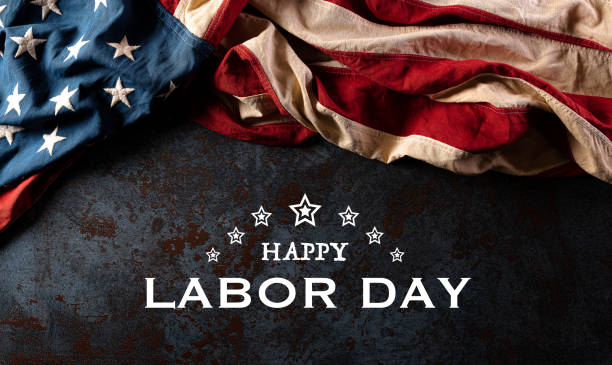
“Racism is part of our inheritance as Americans. Every city, every state and every region of this country has its own deep history with racism. And so does the labor movement.” –Richard Trumka, Missouri AFL-CIO Convention America’s Declaration of Independence asserts that “all men are created equal” and “that they are endowed by their Creator
More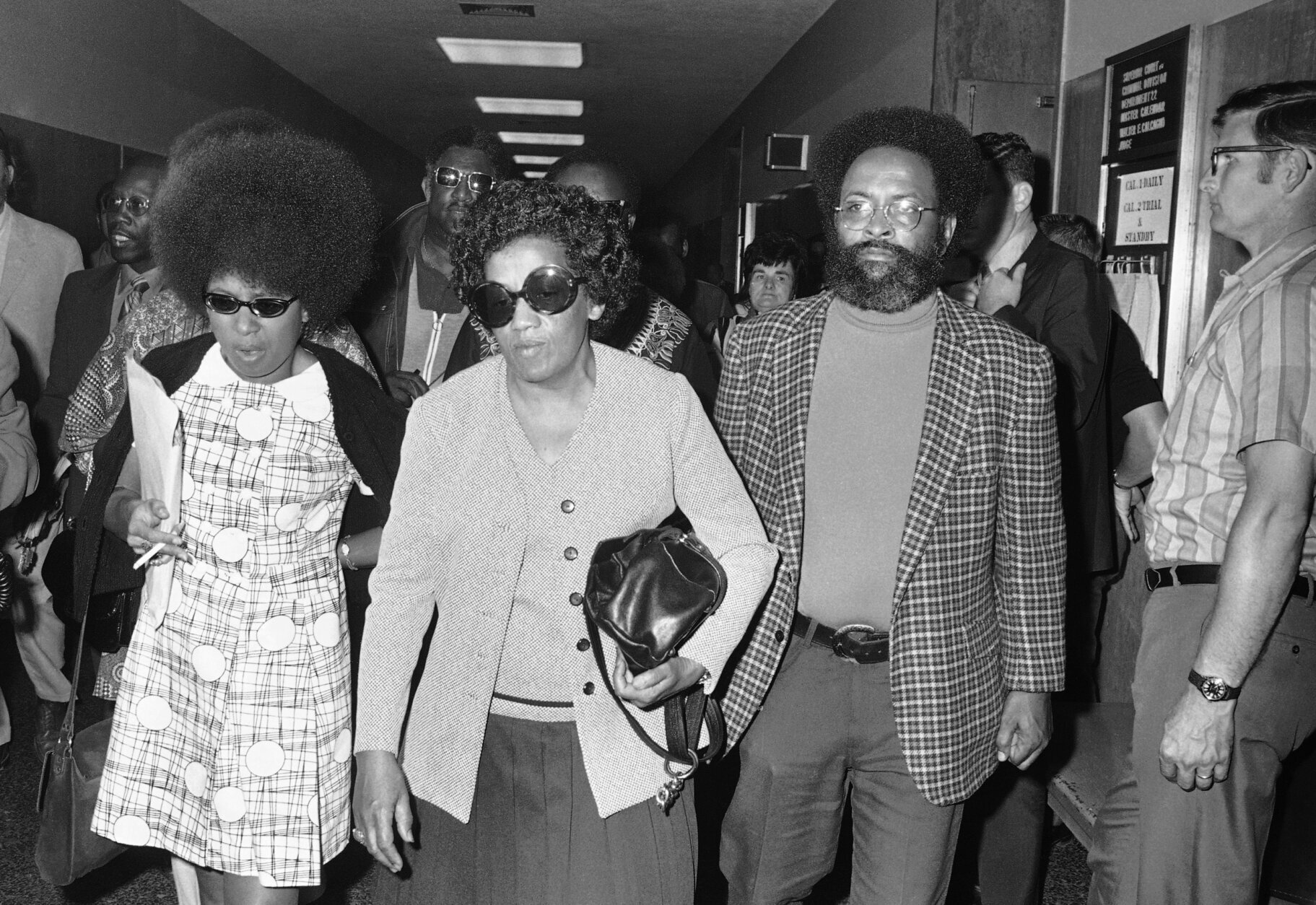
First celebrated in 1979, Black August was created to commemorate famed Panther George Jackson’s fight for Black liberation. For Jonathan Peter Jackson, a direct relative of two prominent members of the Black Panther Party, revolutionary thought and family history have always been intertwined, particularly in August. That’s the month in 1971 when his uncle, the famed
More
